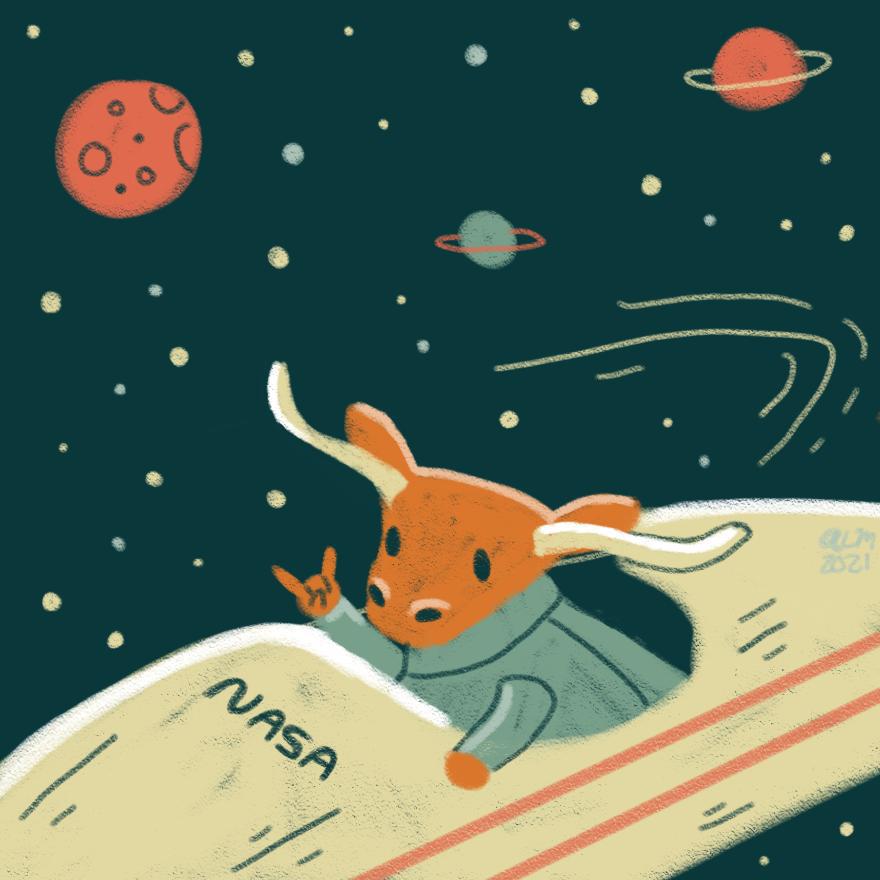Two UT-Austin teams advance to next phase of NASA competition
April 7, 2021
Two teams from UT advanced to the next phase of a NASA competition in which teams present their work on expanding human space exploration.
The two teams entered their separate projects in the NASA Revolutionary Aerospace System Concepts — Academic Linkage competition. The projects, Texas Crewed Artemis Mission Permanent Exploration Residence (CAMPER) and Regolith-Volatile Extraction and Return Expedition (ReVERE), both moved to the next phase of the competition last week.
The competition asked teams to create ideas that would aid human space exploration with long-term residence in space and visits to distant planetary bodies including Venus and Ceres, according to NASA’s website. The last phase of the competition will take place in November. The finalists will receive a $6,000 stipend and present condensed versions of their projects at the ASCEND conference, a national space convention.
The CAMPER project involves creating a lunar habitat where astronauts can live and survive on the moon for 30 days, said Adam Nokes, a faculty advisor in the Cockrell School of Engineering. Jordan Landel, a CAMPER team member and aerospace engineering senior, said coming up with the project idea involved trial and error.
“This competition was focused on what (we could) do right now … so the budget is actually 2022 to 2028,” Nokes said. “I think one of the things (the team) focused on is the practicality of this, and I think that’s why their solution was chosen is because it’s something that is extremely realistic.”
ReVERE’s project takes samples from the surface of the moon and robotically delivers them to the International Space Station, Nokes said. He said it would help solve the issue of deteriorating samples from the Apollo mission in 1969.
“We have better scientific equipment nowadays, and those Apollo samples deteriorated over time,” Nokes said. “You can’t keep them in that pristine condition for forever, and it’s been 50 years. So, the concept is, let’s take some lunar rocks and analyze that lunar regolith (a powdery substance on the surface of the moon) and lunar soil.”
Nokes, who has previously participated in the competition as a graduate student, said it has been different competing online.
“All of the schools around the country are having to deal with this remote situation, and two of our most productive weeks were taken by the winter storm,” Nokes said. “That was right before the proposals (were) due, and the competition is national, so they did not extend their dates.”
Aerospace engineering senior Kiara Alvarez, who worked on the ReVERE project, said the competition is a great opportunity to share experiences with others.
“Our team’s success boils down to how well we work together and our dedication,” Alvarez said. “I am very happy I got the chance to work on this project and with this team.”












